Tall & Urban News
Seoul Valley Frames a Vibrant Green District in the City Center

The winning design for Seoul Valley is a 360,600-square-meter development located in the center of Seoul. Combining office, retail, hotel, and residential programs within a sprawling public podium, it is prominently located immediately adjacent to the capital's main station. Seoul Valley sets a standard for the city's regeneration campaign foregrounded in the pedestrian experience.
“For well over a decade, Seoul has been actively working to revitalize its urban fabric, focusing on the spaces between buildings and the pedestrian links," explains Jacob Kurek, Partner at Henning Larsen. "Seoul Valley fits into that vision, promising to bring public life back to the center not just through shops and amenities but through a design that focuses on public comfort, greenery, and local tradition.”
The Valley's three large towers subdivide into smaller masses to reduce the sense of scale and create community between the spaces at ground level. The ‘ground’ level is spread over multiple levels, with gardens, terraces, and courtyards defining the spaces in between the shops, cafes, and restaurants.
Ringed by mountains and characterized by a patchwork of hills and valleys, the geography of Seoul is largely uneven, save for a spine of level ground that runs through the city’s north-south axis. Seoul Valley is located in the flat center, sandwiched between the sprawling rail yards of Seoul Station and an eight-lane freeway leading to the city’s central Jung-gu District. Though centrally-located, infrastructural barriers have long isolated the long-empty 28,600-square-meter site from its surroundings.
“With Seoul Valley, we were interested in developing a scheme that merged the outsized scale of the city today with the small patchwork structures of its past,” says Kurek. “By dissolving the scale at the public levels, we not only make it feel more livable, but nod towards the beautiful structures of old Seoul. Our hope is for Seoul Valley to become a home to not just high-end shops but also craftsmen and artisans.”
Seoul Valley employs an ‘inside out’ retail scheme that prioritizes visitor experience over sheer commercial frontage. Rather than create maze-like double loaded corridors, retail modules are dispersed throughout the site, allowing visitors their choice of journey. In particular, Valley acts as an urban shortcut between the main station, Seoullo 7017 Skygarden and Seosomun Park. This outdoor passage allows access to restaurants and views into the shopping areas, attracting passersby who were not necessarily interested in or planning to enter a mall.
“As an industry, we’ve known for a long time the benefits of daylight, exterior views, greenery…but such benefits are often pushed to the side in favor of maximizing frontage in commercial design,” explains Kurek. “Shopping in the future won’t necessarily be about coming out of the shop with a bag, so our goal with Seoul Valley was to have both. In the end, we believe the whole is more than the sum of its parts.”
Seoul’s 2030 plan for urban development in the Korean capital sets ambitious goals: to establish a people oriented, culturally vibrant, historic, safe, and communal Seoul. Seoul Valley aims to meet these goals and then some, creating a comfortable and vibrant living room for locals and visitors, shoppers and workers, streamers and influencers alike.
The project will enter the Schematic Design phase in the spring of 2021.
For more on this story, go to Henning Larsen.
Related News
Get the Latest News and Updates from CTBUH
Fields with an asterisk (*) next to them are required.
View our privacy policy

